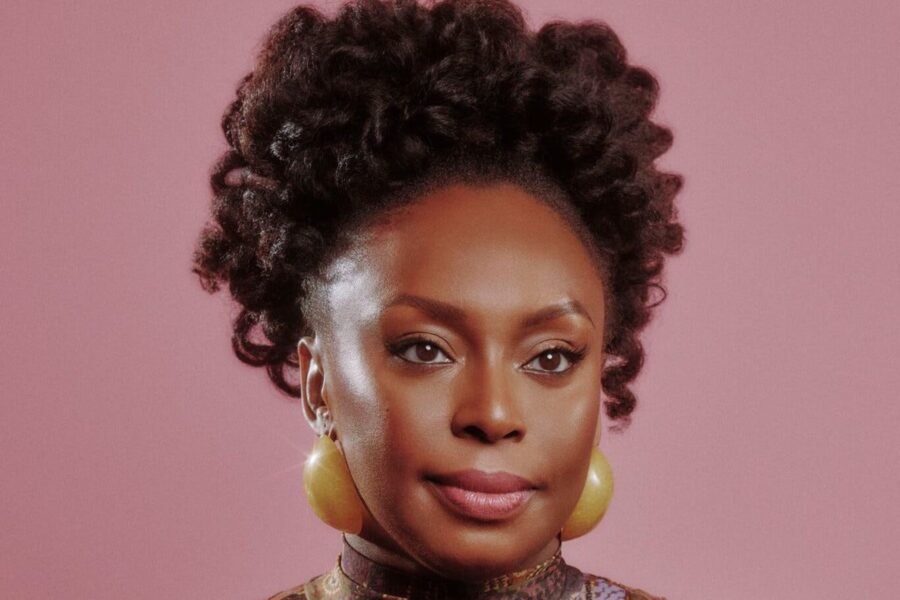By Ikenna Churchill
“African time” is a catchphrase that gets thrown around but is hardly understood. To an outsider, it might sound polite to say “late.” But that’s quite to miss the point altogether. It has nothing to do with laziness or disorganisation; it has to do with seeing time differently.
In the West, time is money. It’s linear, something to save, spend, or waste. The clock makes the rules. Schedules are restrictive, deadlines fixed, and getting things done is the priority. Time is money, we’re told.
But in much of Africa, time isn’t like that. It’s not the clock that matters; it’s about the setting. Time is context-based. A meeting doesn’t start at 3:00 PM; it begins when everyone who needs to be there is there and the mood is right. A conversation isn’t shut down after an hour; it gets shut down when it is organically finished. Time is shaped by people, relationships, and meaning, not clock figures. It’s cyclical, intertwined in nature’s cycles, the seasons, and people’s connections.
A more reflective view of time has significantly influenced creativity here. There’s less emphasis on speed and return and more on depth and meaning. The process is as valuable as the product.
You can see it in the age-old practice of oral history. The griots and the elders don’t simply relate stories; they bring them to life. The same story is shorter one night and longer the next, depending on the audience, place, and people’s questions. The telling adjusts, is responsive, and is alive. Finishing tells no tale. Ensuring the message hits home — that the history, lesson, and the feelings sink in — is what matters.
Music is another powerful example. Take West African drumming for instance. Interlocking, complicated rhythms create patterns that envelop listeners in a shared experience rather than careening toward a conclusion. The objective is to produce a group mood and bring people together through movement and feeling. It’s not music you hear briefly; it’s music you inhabit.
It is this same idealism that fuels modern African imagination. Nollywood, the giant of Nigeria’s movie industry, produces stories that often blend everyday life with religious or ancestral elements in an organic way. The past is not separate from the present; it’s interwoven. The story isn’t necessarily linear; it’s multidimensional, reflecting an understanding of reality where time isn’t a straight line but a flowing current.
Visual artists on the continent do their work in a way that appreciates slowness and transformation. Gonçalo Mabunda, from Mozambique, transforms powerful pieces from disabled guns, converting warfare instruments into art that speaks of peace and humanity. Such is a process which cannot be hastened.
Writers like Chimamanda Ngozi Adichie and Ngũgĩ wa Thiong’o explore subjects where history resides. Their characters carry the weight of generations, and their stories are told slowly so they can have room for reflection, memory, and cultural abundance. There is no need to tie everything up neatly at the end; some things need room to be said.
It’s not to say that African creatives don’t work against deadlines or aren’t productive; it’s just that there’s an inherent cultural inclination to slow down the rush for haste’s sake. Art is allowed to ripen. Ideas are allowed to breathe.
That’s what African time really offers: the privilege of valuing depth over velocity. It’s a sign that some of the most amazing things — be they art, love, or understanding — cannot be fit into a calendar. They must expand when the time is ripe.
In the end, African time has nothing to do with being late. It’s about showing up. It’s understanding that meaning comes from waiting at times, and that creativity is best when it isn’t pushed. That’s something worth waiting for.


